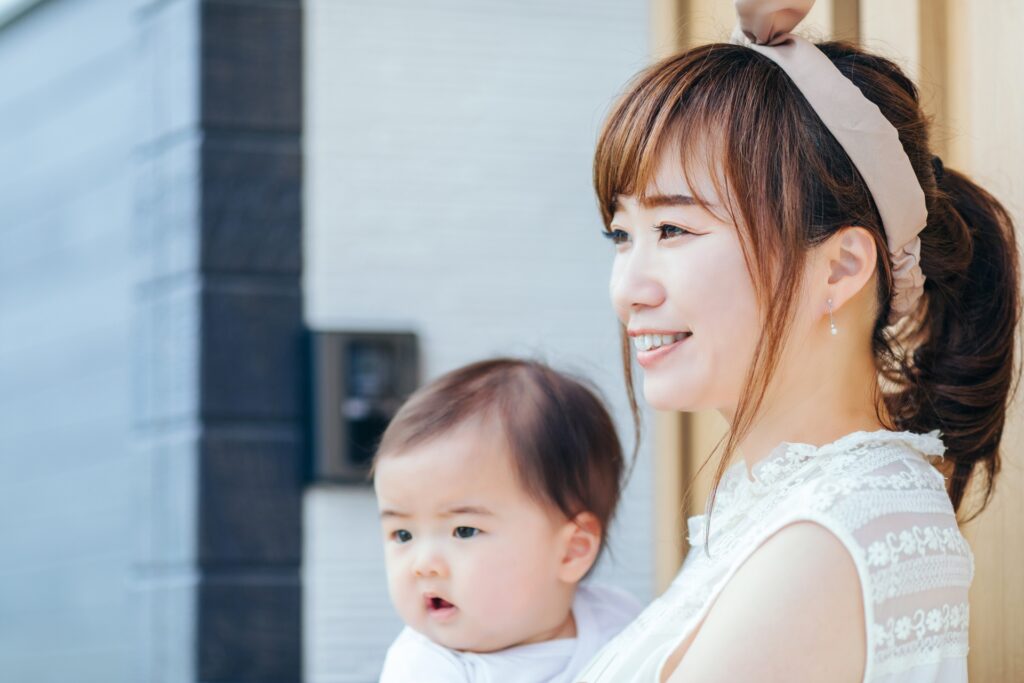Family empowerment of families raising children with developmental disabilities
Japanese families are entering an era of major transformation, and child-rearing is becoming lonely as the structural and functional vulnerabilities of families increase, such as the declining birthrate and aging population, as well as the increase in the unmarried rate and divorce rate. It can be said that the feeling of difficulty and burden on child-rearing for children with disabilities, especially those who raise children with developmental disabilities, is relatively increasing.
“Family empowerment” is defined as “a state in which a family is able to control their lives well by collaborating with a family, a service system, society, etc., or their ability”. This “family empowerment” is becoming lower in the recent social situation in Japan. Developmental disabilities are invisible brain dysfunctions that are difficult to understand from the surrounding community and are often accused of being “children’s selfishness” and “not disciplined.” As a result, there are many cases in which parents suffer from psychosomatic disorders and child abuse. Of course, the survey also found that family empowerment for children with developmental disabilities was significantly lower than that for families raising people with severe physical disabilities. (Rie Wakimizu, Survey on the empowerment of families raising children with disabilities, Comparison and examination of two different groups of disabilities, severe physical and mental disabilities and developmental disabilities, Outpatient pediatrics, 15(1), pp.25-30. 2012).
In order to reduce the burden and difficulty of the family and promote family empowerment, it is necessary to continuously empower the family from the three aspects of “family (inside)”, “service system” and “community”. Specifically, we will set up an opportunity for the main caregivers of children with developmental disabilities and their spouses, grandparents, relatives, and other cohabiting families to discuss the adjustment of “family (inside)”. Inform the family what they can do as a resource from the aspects of “service system” and “community”. For example, family pediatric doctors, nurses, clinical psychologists and other staff, nursery school and center staff, parents’ associations, administrative disability welfare section staff, school teachers and school nurses. Set up opportunities to discuss with your family. We are engaged in various activities.





